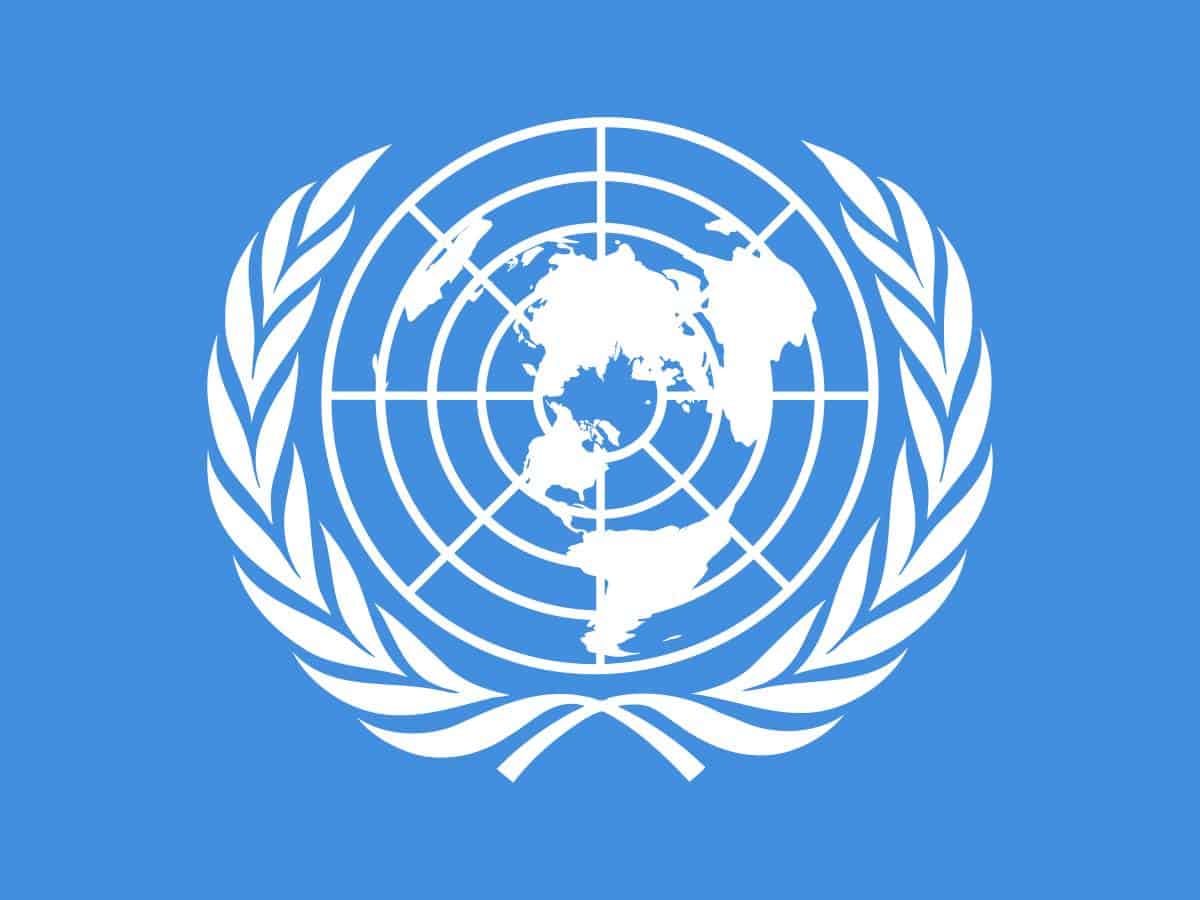Geneva: Investigators commissioned by the United Nations’ top human rights body said Monday they turned up evidence of possible war crimes and crimes against humanity in Libya.
They found that in particular, crimes were committed against civilians and migrants who crossed the restive North African country trying to get to Europe but ended up being detained in horrific conditions.
The Libyan government had no immediate comment.
The first findings from a fact-finding mission commissioned by the Human Rights Council chronicle crimes including murder, torture, enslavement, extrajudicial killings and rape.
They could send a potent signal to key international powers, like Russia and the European Union, amid violence and mistreatment that has wracked Libya since the fall of former autocrat Moammar Gadhafi a decade ago.
Our investigations have established that all parties to the conflict, including third-state foreign fighters and mercenaries, have violated international humanitarian law, in particular the principle of proportionality and distinction,” said Mohamed Auajjar, a former Moroccan justice minister who led the team.
“Some have also committed war crimes.
The principle of distinction requires parties to armed conflicts to distinguish between military objectives and civilian objects, while the principle of proportionality dictates that parties to war must ensure that incidental damage isn’t excessive.
Team member Tracy Robinson of Jamaica, deputy dean at the University of the West Indies’ law school, added: Violence in Libyan prisons is committed on such a scale, and with such a level of organisation, that it may also potentially amount to crimes against humanity.
The experts cite reports indicating that the Libyan coast guard which has been trained and equipped by the EU as part of efforts to stanch the flow of migrants across the Mediterranean has mistreated migrants and handed some over to detention centers where torture and sexual violence are prevalent.
It’s quite clear that the pull-back policies, the push-back policies, at sea have led to huge violations of human rights on the part of migrants leading to detention in Libya,” said Chaloka Beyani, a London School of Economics law professor from Zambia, one of the three members of the mission.
“Upon return, and as our report indicates, this is one of the areas where we think that crimes against humanity have been committed.
Amid concerns about foreign mercenaries operating in Libya, the experts say there are reasonable grounds to believe that personnel from a Russian private military company known as the Wagner Group, may have committed the crime of murder in connection with evidence that they had fired gunshots directly at people not taking direct part in the hostilities.
The report also cites findings from reliable organisations that some 87,000 migrants have been intercepted by the Libyan coast guard since 2016, including about 7,000 currently in centers run by the Department for Combatting Illegal Migration.
Such roundups have continued in recent days: An unprecedented crackdown in Libya has led to the detention of more than 5,000 people, including hundreds of children and women, and violence in associated raids has left at least one migrant dead, according to a UN tally.
The fact-finding mission, which documents possible rights violations and abuses since 2016, adds to a litany of news reports, UN studies and warnings from advocacy groups about deadly violence, mistreatment of migrants, horrific conditions of detention and overall instability across Libya in recent years.
The team, which drew from hundreds of documents and interviewed more than 150 people, including survivors of alleged torture, said it had some limited access to Libya and spoke to prosecutors and Libyan authorities.
But commissioned only last year by the Geneva-based council, they noted much work remains to be done, including crucial work to identify both the Libyans and foreigners who should be held accountable.
Jalel Harchaoui, a Libya expert and senior fellow at the Global Initiative, downplayed the team’s findings, saying advocacy groups already reported abuses and possible war crimes committed by Libya’s rivals and their foreign backers, especially during the 14-month-long attack on the capital Tripoli by military commander Khalifa Hifter.
A UN report coming out at this juncture, asserting the same, may carry a bit more weight, but won’t make much of a difference, Harchaoui said.
Under UN mediation, the country now ruled by a transitional government after years of divisions has made tenuous steps toward returning to stability, including through plans to hold national elections late this year.

